Brazilian coffee is cherished by coffee lovers around the globe for its rich flavors and cultural significance. In this article, we’ll delve into the history and culture of Brazilian coffee, along with recommendations for different types and brewing methods. Whether you’re a novice or a seasoned barista, there’s something here for everyone to enjoy, so keep reading!
Brazil primarily cultivates two main varieties of coffee: Arabica and Robusta, each with its unique characteristics. The flavor profiles can vary significantly by region, offering a wide array of tastes to explore. We’ll also introduce some recommended brands to help you find the perfect Brazilian coffee that suits your palate.
- Explore the history and culture of Brazilian coffee
- Discover the characteristics and recommended brands for each variety
- Learn tips for roasting and brewing methods
The History and Culture of Brazilian Coffee
Brazil is renowned as the world’s largest coffee producer, with its rich flavors and diverse varieties deeply rooted in a long history and vibrant culture. In this section, we’ll explore the origins of Brazilian coffee and how coffee culture has developed over time. Understanding the background of Brazilian coffee is essential to truly appreciate its allure, so keep reading!
The Origins of Brazilian Coffee
Coffee cultivation in Brazil began in the early 18th century, initially brought over by immigrants from France. It quickly spread, becoming a vital agricultural crop and being grown in various regions across the country. The states of Minas Gerais and São Paulo are particularly famous for their coffee, and they continue to be known today as sources of high-quality beans.
Brazilian coffee cultivation is closely linked to economic growth. In the 19th century, coffee exports surged, becoming a cornerstone of the nation’s economy. During this period, Brazil established itself as a major coffee-producing country, earning worldwide recognition.
- Coffee cultivation in Brazil began in the early 18th century
- Minas Gerais and São Paulo are key production areas
- The importance of coffee grew alongside economic development
The Development of Coffee Culture
Brazilian coffee culture is not just reflected in its unique flavors but also in how it is enjoyed and shared. Coffee is a beloved national beverage, an indispensable part of daily life. In particular, “cafézinho,” a strong espresso-like coffee, holds a special significance for the Brazilian people.
Moreover, Brazil boasts many social settings where coffee is enjoyed, making it common for friends and family to gather around a cup. The sight of people sharing coffee has become a symbol of Brazilian culture. In this way, coffee in Brazil is much more than just a drink; it is an integral part of social life and cultural identity.

If you’ve enjoyed discovering the richness of Brazilian coffee through this article, we recommend delving further with our piece on “Discovering Brazilian Coffee Varieties: Their Benefits and How to Enjoy Them.” This article provides a detailed exploration of the diverse coffee varieties found in Brazil, along with their unique characteristics and best ways to enjoy them, so be sure to check it out!
- Brazilian coffee is a national beverage
- “Cafézinho” holds a special place in Brazilian culture
- Social gatherings around coffee are deeply rooted in the culture
Types and Characteristics of Brazilian Coffee
Brazil is incredibly diverse when it comes to coffee varieties and their unique characteristics. The country primarily cultivates two types: Arabica and Robusta, each offering distinct flavors and aromas. In this section, we’ll delve into the differences between these two types and explore the unique flavors that come from Brazil’s various regions. This guide will help you discover the perfect Brazilian coffee for your taste.
The Difference Between Arabica and Robusta
Arabica and Robusta are the two most representative types of coffee beans. Arabica is generally regarded as high-quality and flavorful, making it a favorite among coffee enthusiasts. Its characteristics include a pronounced fruitiness and acidity, along with a smooth mouthfeel that many find appealing. On the other hand, Robusta is known for its disease resistance and ease of cultivation, which is why it’s typically used in more affordable coffee blends. The flavor profile of Robusta is stronger and more bitter, but it tends to be less aromatic compared to Arabica.
In Brazil, Arabica is the predominant variety, although Robusta is also cultivated in certain regions. Understanding these differences can guide you in selecting a coffee that suits your personal preferences.
- Arabica is known for its fruitiness and balanced acidity, making it high-quality.
- Robusta is stronger in bitterness and is often used in less expensive coffees.
- Brazil primarily cultivates Arabica beans.
Flavor Differences by Region
Brazil’s vast territory features diverse climates and soils, which significantly influence the flavor profiles of its coffee. Even within the same types—Arabica and Robusta—the taste can vary widely. For instance, coffee from Minas Gerais is characterized by its rich sweetness and well-balanced acidity. In contrast, coffee from São Paulo boasts a robust body and pronounced bitterness.
Moreover, Bahia is known for producing coffee with standout fruity aromas, showcasing the diversity that different regions have to offer. Learning about these regional differences will assist you in finding a Brazilian coffee that aligns with your taste preferences.
- The climate and soil of each region impact flavor.
- Minas Gerais offers a good balance of sweetness and acidity.
- São Paulo is known for its bold body and bitterness.
Recommended Brazilian Coffee
Brazilian coffee is beloved by coffee enthusiasts around the globe for its diversity and rich flavors. Whether you’re a novice or a seasoned connoisseur, there’s a perfect blend for everyone. In this section, we’ll explore some easy-to-drink options for beginners as well as premium selections for advanced coffee lovers. Use this as a guide to find the Brazilian coffee that suits you best.
Options for Beginners
If you’re just starting your coffee journey, it’s best to stick with blends that are smooth and approachable. For instance, Arabica coffee from São Paulo is known for its well-rounded flavor profile. With a gentle sweetness and light acidity, it’s an excellent choice for first-timers.
Another popular option comes from Minas Gerais. This coffee is characterized by its rich aroma and creamy mouthfeel, making it a fantastic pick for newcomers. These selections not only provide an easy drinking experience but also introduce you to the wonderful world of Brazilian coffee.
- Arabica coffee from São Paulo is easy to drink
- Minas Gerais coffee boasts a rich aroma
- A variety of flavors perfect for beginners
Premium Selections for Advanced Drinkers
For those who have a discerning palate, we recommend trying some of the specialty brands that are highly regarded. For example, specialty coffee from Bahia features fruity aromas and complex flavors. These coffees are crafted by producers who take great care in their roasting techniques and farming practices.
Additionally, coffee produced in the “Cerrado” region of Minas Gerais is worth your attention. Its sweetness and richness blend harmoniously, offering a deep and satisfying taste. These premium options are perfect for expanding your coffee knowledge, and we encourage you to give them a try.

If you found this article interesting, you might also enjoy our piece on “Beginner’s Guide to Choosing Coffee Beans! Enjoying Aroma and Flavor”. It offers detailed insights into selecting coffee beans and tips for savoring their aroma and flavor, making it a great companion to this guide.
- Specialty coffee from Bahia has a fruity aroma
- Coffee from the “Cerrado” region of Minas Gerais perfectly balances sweetness and richness
- Discover new experiences with premium selections for advanced drinkers
Roasting and Brewing Brazilian Coffee
To truly appreciate the allure of Brazilian coffee, understanding roasting and brewing methods is essential. The roasting process significantly alters the flavor and aroma of coffee beans, making it crucial to grasp the nuances that help you discover your preferred taste. Additionally, there are various brewing methods that yield different flavors, so choosing the right approach is vital. In this section, we’ll dive into the key points of roasting, tips for brewing, and recommend some useful equipment.
Key Points of Roasting
Roasting is a pivotal process that defines the taste of coffee. When roasting Brazilian coffee beans, it’s important to adjust the temperature and time based on the bean type and origin. For instance, Arabica beans are best suited for a light roast, which enhances their acidity and fruity notes. In contrast, Robusta beans benefit from a more robust roast, bringing out their bitterness and richness.
Another critical aspect is the cooling process after roasting. Rapidly cooling the roasted beans prevents excess heat from lingering, ensuring that the flavor remains stable. By understanding the roasting process and managing temperatures appropriately, you can enjoy the authentic taste of Brazilian coffee.
- Roasting is crucial for determining coffee flavor
- Arabica beans are best roasted lightly
- Cooling after roasting stabilizes flavor
Tips for Brewing and Recommended Equipment
The brewing method significantly impacts the flavor profile of the coffee. To enjoy Brazilian coffee to its fullest, selecting the right equipment and method is key. For example, using a French press allows you to extract the oils and aromas effectively, resulting in a rich flavor experience.
Drip brewing is also quite popular. This method lets you fine-tune the extraction time and water temperature according to the type of coffee beans, bringing out delicate flavors. Particularly, coffee from Minas Gerais pairs exceptionally well with drip brewing. By mastering these brewing techniques, you can savor Brazilian coffee right at home.

If you’re interested in this article, you might also enjoy “A Comprehensive Guide to Coffee Varieties: Find Your Perfect Cup”. This piece delves into various types of coffee and their characteristics, providing insights that will further enhance your appreciation for Brazilian coffee.
- Brewing methods greatly influence flavor
- French press extracts rich flavors
- Drip brewing allows for fine adjustments based on beans
Conclusion
Brazilian coffee is captivating for its rich flavors and diverse varieties. By understanding the differences between Arabica and Robusta beans as well as the unique characteristics of various regions, you can discover the perfect brew for your taste. Additionally, the roasting and brewing methods play a significant role in the flavor profile, so it’s important to pay attention to these factors as you enjoy your coffee.
Whether you’re a beginner or a seasoned enthusiast, exploring the range of Brazilian coffees—from accessible options to premium selections—will deepen your appreciation for this beloved beverage. We encourage you to experience Brazilian coffee at home and immerse yourself in its allure.
- Brazilian coffee predominantly features Arabica and Robusta beans
- Roasting and brewing methods significantly influence flavor
- There are options for everyone, from beginners to connoisseurs
Find the Brazilian coffee that suits you best and elevate your daily coffee ritual. We’d love to hear about your favorite brews and experiences in the comments section!



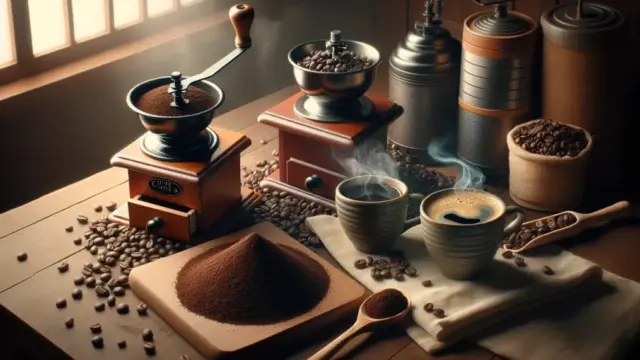







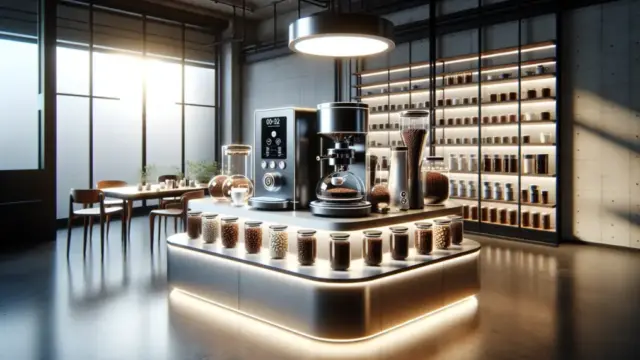


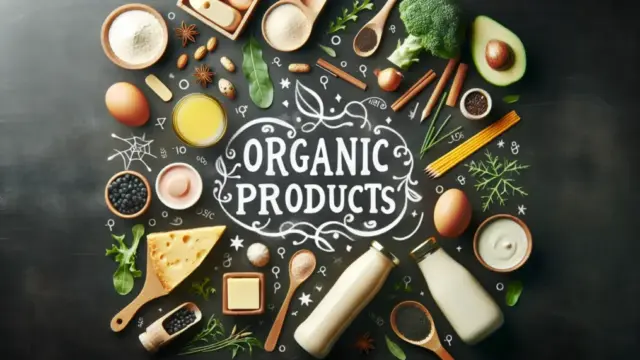


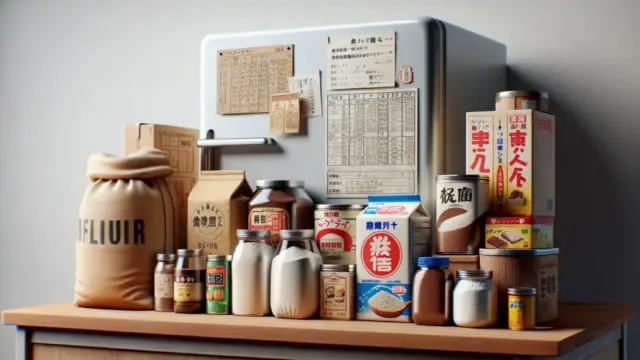
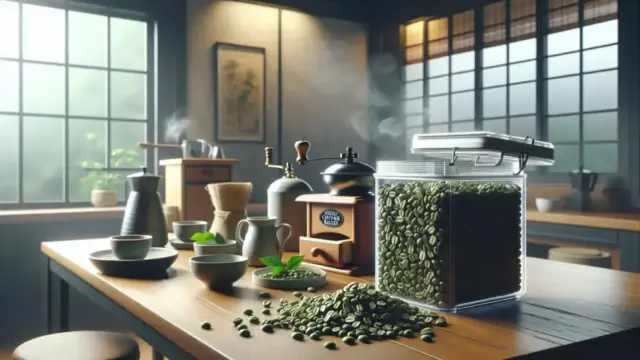
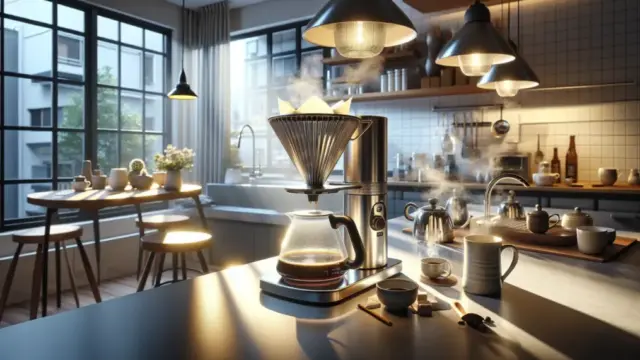

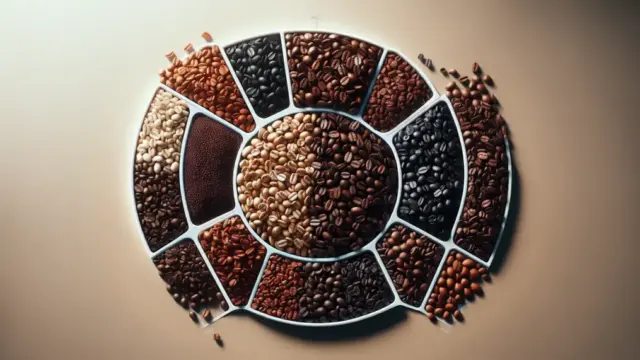









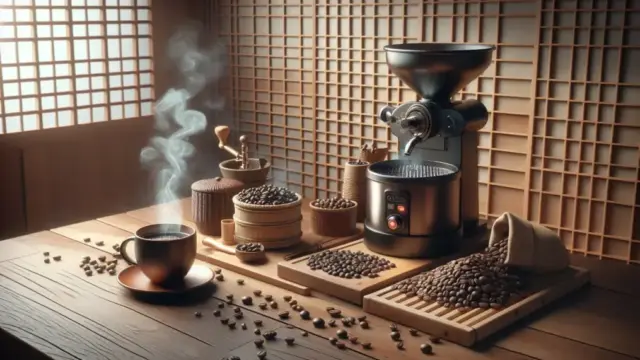




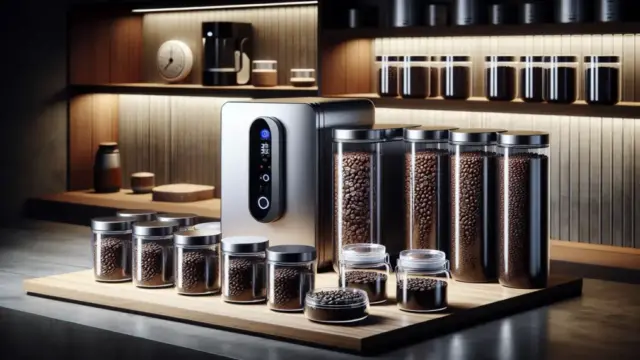









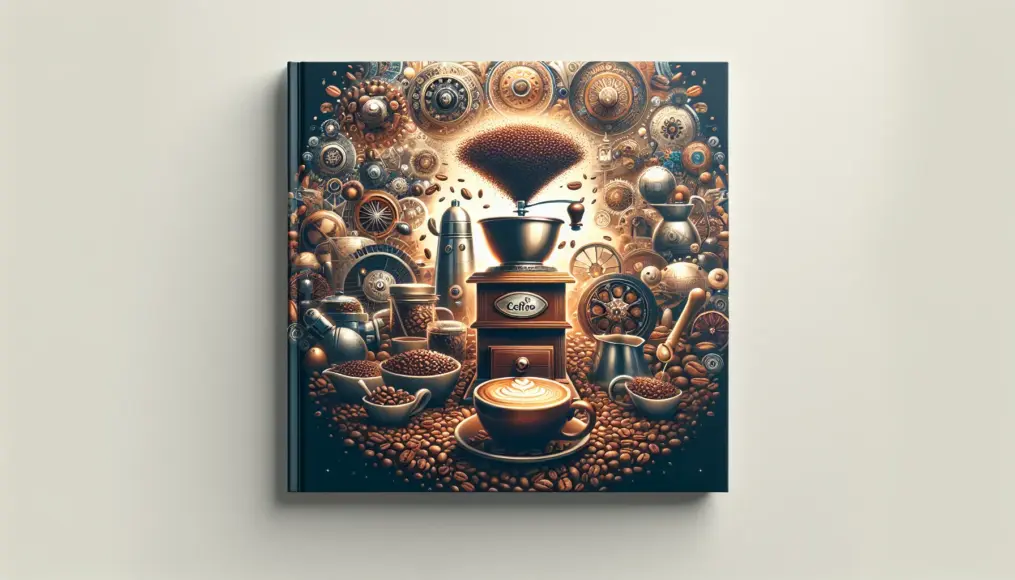
Comment